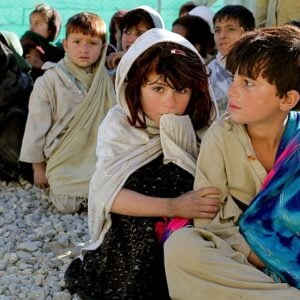The Mid Day Meal (MDM) Scheme is a government initiative in India that provides free, cooked meals to school children, aiming to deliver one nutritious meal a day to help them stay healthy and focused on their studies. Launched in 1995, the programme was designed to address both hunger and school dropout rates, encouraging parents to send children to school by assuring them a hot meal. By alleviating hunger, the scheme helps children concentrate better in class, supporting both their physical and mental growth while promoting regular school attendance.
India faces a significant challenge of undernutrition among children from economically disadvantaged backgrounds, which affects their growth, immunity, and learning ability. Hunger and malnutrition also contribute to low school attendance and high dropout rates, particularly in rural areas where children may be compelled to work to support their families. By providing meals at school, the Mid Day Meal Scheme improves enrollment and attendance, ensuring children receive essential nutrition while supporting their educational development.
The scheme benefits children in multiple ways. By supplying balanced meals rich in proteins, carbohydrates, vitamins, and minerals, it reduces undernutrition, strengthens immunity, and promotes healthy growth. Regular meals also improve children’s ability to concentrate, participate, and perform academically. Additionally, the programme indirectly supports women’s empowerment, as many states employ women, especially from marginalized communities, to prepare and serve the meals, providing them with income and financial independence.
The Central and State Governments oversee the implementation of the Mid Day Meal Scheme, working alongside NGOs and private organizations to maximize its reach. Government oversight ensures that meals are nutritious, hygienically prepared, delivered on time, and meet quality standards. Some states have adopted centralized kitchens to improve efficiency and maintain food quality while distributing meals to schools across various regions.
NGOs such as Bal Raksha Bharat (Save the Children India) play a crucial role in strengthening the Mid Day Meal Programme. They focus on improving nutrition awareness among parents, teachers, and communities, enhancing meal distribution logistics, addressing undernutrition through supplements and health tracking, and promoting healthy hygiene and dietary practices. By aligning with government initiatives like Poshan Abhiyan, Anemia Mukt Bharat, and the Eat Right Campaign, such organizations contribute to a multi-sectoral approach to improving child health, nutrition, and overall well-being, particularly in disadvantaged areas.






